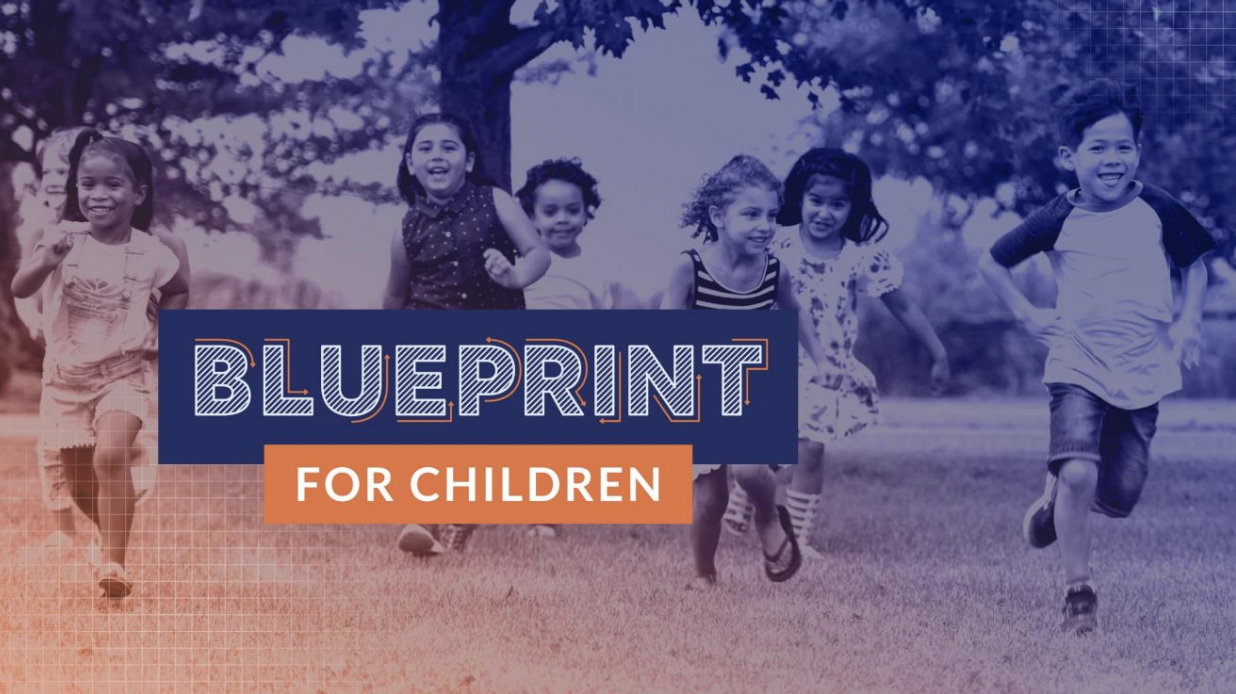
Priorities and recommendations to foster child health and well-being, achieve health equity, eliminate health disparities, optimize lifespan outcomes, strengthen families, support our communities, and enhance the position of West Virginia as a leading state for children.
Learn more about each of our policy goals below.
All children, adolescents, and young adults from birth to the age of 26 years must have access to the highest-quality
health care, so they can thrive throughout their lifespan. Policymakers must ensure that all children, regardless of their
race, ethnicity, income, family composition or immigration status have:
Together we can work to advance efforts to ensure that parents can give their children the best foundation for the
future. Policymakers must ensure that all families have:
Strong communities are the building blocks for secure families and healthy children. Policymakers must ensure that
communities:
Child health and well-being must be elevated and maintained as a priority in our state. Policymakers must develop and
implement policies that:
Learn more about each of our advocacy priorities below.
The WV AAP has long supported preventive care, including immunizations, in the medical home setting as a major component of pediatric health care and disease prevention. Evidence-based studies have consistently shown that immunizations save lives. WV has one of the nation’s strongest school entry immunization policies, in that WV only allows medical exemptions for immunizations prior to school entry. In states with weak immunization laws that allow nonmedical exemptions, the number of unvaccinated children has increased. When the number of unvaccinated students grows, the likelihood of disease outbreak increases.
States, including West Virginia, have made historic gains in covering children thanks to Medicaid, Children’s Health Insurance Program (CHIP), and the Affordable Care Act. However, there have been setbacks. As coverage rates stall or head in the wrong direction, the WV AAP emphasizes the importance to reach and enroll eligible children, focus on system improvements to keep them covered, and ensure that parents have health insurance so they can keep themselves and their families healthy. Medicaid and CHIP serve West Virginia’s most vulnerable children and are critical to children’s healthy development and success in life.
The emergence of SARS-CoV-2, the virus that causes coronavirus disease 2019 (COVID-19), in late 2019 led to a global pandemic with dramatic societal and economic impact on individual persons and communities. COVID-19 remains a major global public health threat that dramatically disrupted all sectors of society worldwide. Persons of all ages are at risk for infection and severe disease. The WV AAP continues to advocate that the government response adequately addresses the needs of children, families, and pediatricians.
Preventing youth tobacco and vaping initiation and exposure are important to reducing tobacco-related diseases.
Prevention of childhood obesity, the most prevalent chronic health disease in the pediatric population, remains a priority for the WV AAP. Although many social sectors need to be mobilized to completely address this epidemic, pediatric primary care has a unique role to play as a community resource and an integral part of the solution.
Adverse Childhood Experiences (ACEs) and toxic stress have a significant, long-term impact on child health, quality of life, economics, and education. Research shows ACEs are common and affect all income levels. Protecting young children from adversity is a promising, science-based strategy to address many of the most persistent and costly problems facing contemporary society, including limited educational achievement, diminished economic productivity, criminality, and disparities in health.
The mental health care crisis continues to impact children. In 2021, the AAP, American Academy of Child and Adolescent Psychiatry (AACAP) and Children’s Hospital Association declared a national emergency in children’s mental health, citing the serious toll of the COVID-19 pandemic on top of existing challenges. It is critical our children have affordable and accessible mental health care. Before the pandemic, rates of childhood mental health concerns and suicide had
been rising steadily for at least a decade. By 2018, suicide was the second leading cause of death for youths ages 10-24 years. Researchers have found that between March and October 2020, emergency department visits for mental health emergencies rose by 24% for children ages 5-11 years and 31% for children ages 12-17 years. In addition, emergency department visits for suspected suicide attempts increased nearly 51% among girls ages 12-17 years in early 2021 compared to the same period in 2019. We must provide our children quality mental health care when needed to avoid adverse outcomes such as poor school performance, a decline in overall health, and injury or death from suicide attempts.
Substance use disorders remain a growing problem among young people. The rate of “nonmedical use” (i.e., use without a prescription or more than prescribed) of opioid medication by adolescents (aged 12-17) and young adults (aged 18-25) more than doubled between 1991-2012, and the rates of opioid use disorders, including heroin addiction, and fatal opioid overdoses increased in parallel. Neonatal Abstinence Syndrome (NAS) is another devastating consequence from the substance use epidemic that impacts the most vulnerable population in West Virginia.
Every child has the right to live in a safe home, play in the safety of others’ homes, and live without fear of firearms. Gun violence is a public health epidemic that profoundly affects children and must be addressed that way through evidence-based policies. As pediatricians, we counsel parents on proper storage of firearms and do everything in our power to keep children safe – we also depend on our elected leaders to use the same common-sense approach to advance comprehensive gun violence and firearm injury prevention policies.
• We urge legislators to reject any legislation that weakens gun violence and firearm injury prevention laws
that puts children’s safety at risk.